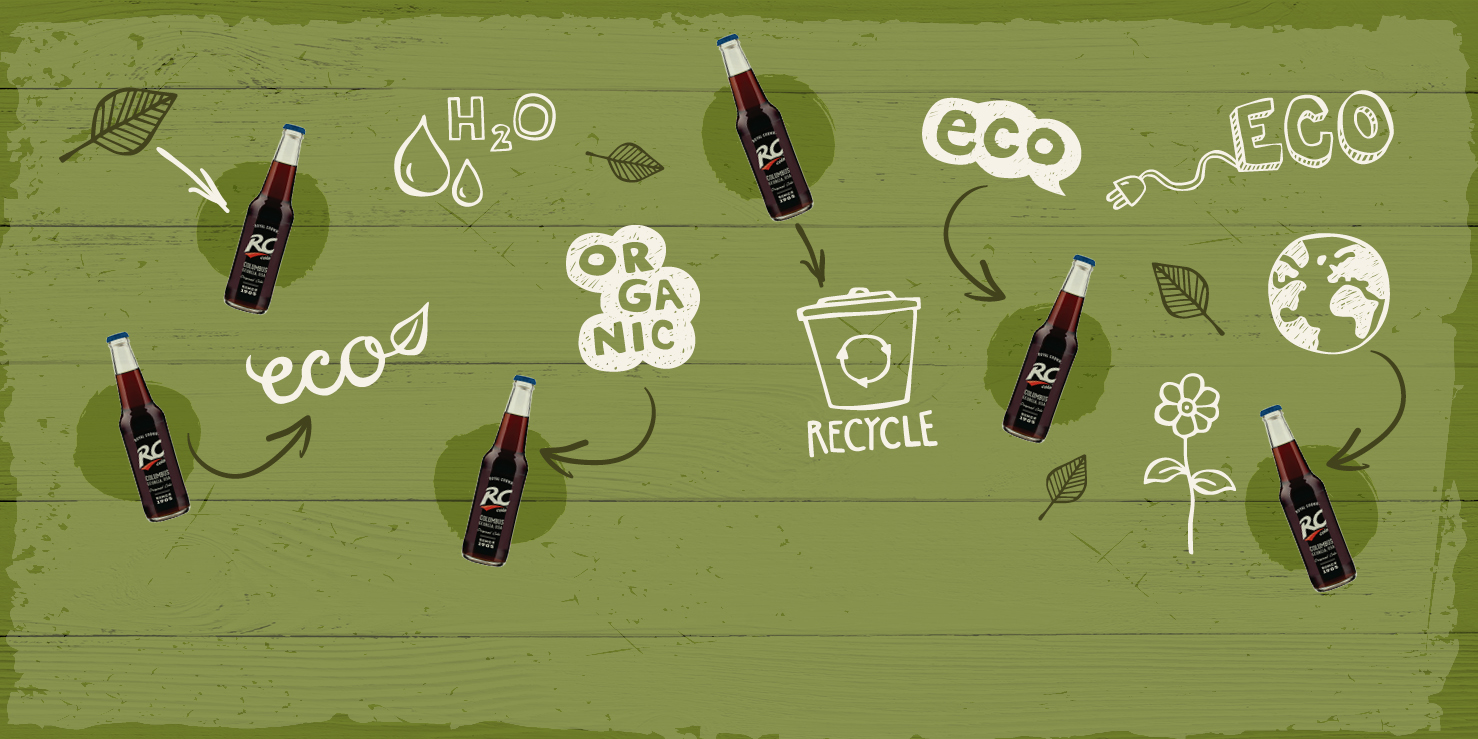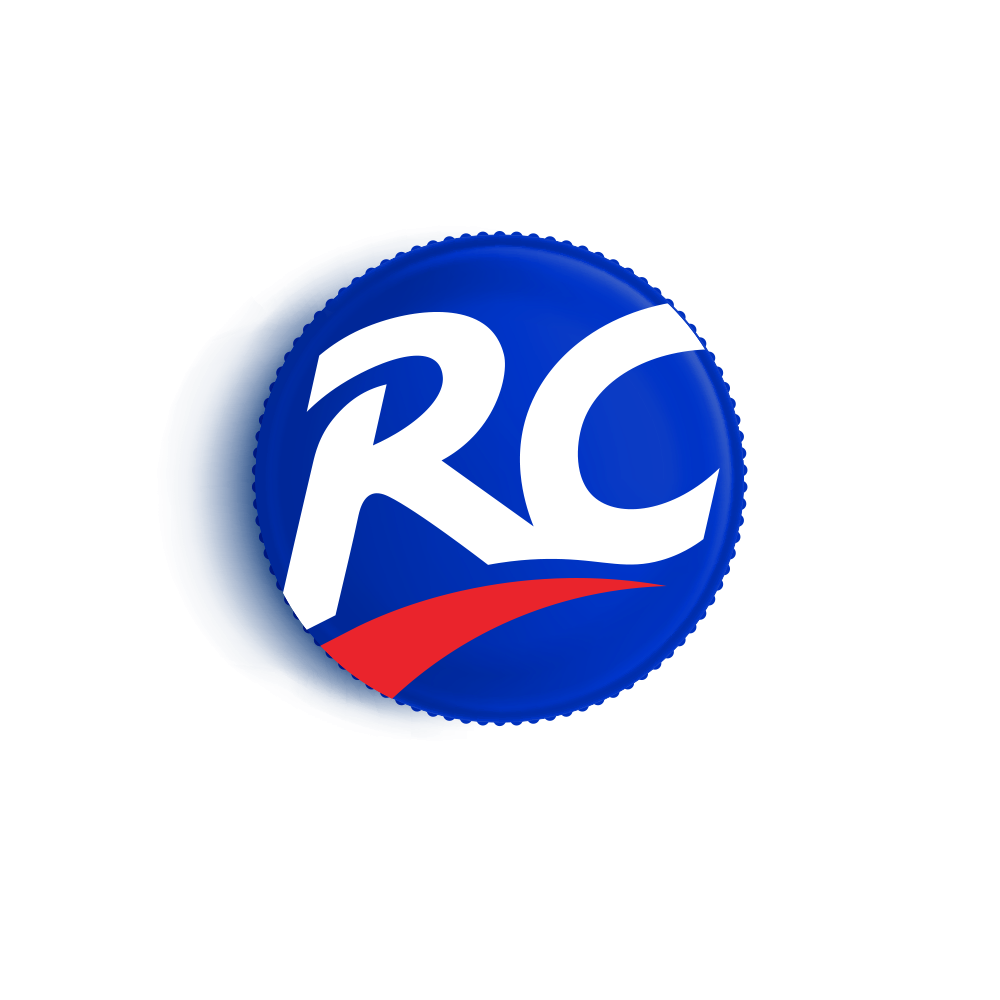Sustainability is one of the most important trends in the beverage industry. And the growing consumer interest – particularly by Millennials – is prompting beverage manufacturers and bottlers to shrink product packaging and decrease the use of single-use plastics.
Important goals have been set for improving sustainability, including the European Union’s goal of halving food waste by 2030, an Alliance to End Plastic Waste, and the UK Plastics Pact.
For these reasons and more, improving the sustainability of your beverage portfolio is key – both for the good of the planet, and because it’s important to improve your bottom line.
Download The 8 Hottest Beverage Trends for 2022 eBook
Shifts in Consumer Purchasing Patterns
NYU Stern’s Center for Sustainable Business completed research indicating that for Consumer Packaged Goods (CPGs), 50% of growth came from sustainability-marketed products. Products with a sustainability claim on-pack (in 2018) delivered $114 billion in sales – up 29% (from 2013), and grew 5.6 times faster.
Marguerita Cheng on Forbes pointed out that Millennials – who make up the largest portion of the world population – are highly invested in sustainability. Thus, adopting sustainable packaging has become essential to growth.
The Beverage Industry Is Responding
According to the International Aluminium Institute, the first beverage can – sixty years ago – weighed over 80 grams. Today, a 330 ml. aluminum can weighs just 13 grams.
That’s just one example of the enormity of the shift. Today, new materials are used, excess packaging for deliveries are eliminated, and recyclable materials are being adopted.
And it’s just the beginning. According to the Flexible Packaging Association (FPA) in A Holistic View of the Role of Flexible Packaging in a Sustainable World, approaches to sustainability include using life cycle assessment (LCA) tools to quantify impacts, extending shelf life to reduce waste, and lightweighting – converting to lightweight neck and closure systems for PET bottles.
Fewer Plastic Bottles
Plastic bottles are, of course, at the crux of the issue.
The push away from plastic is not only about sustainability. According to DW Akademie, there are financial motivations. As reserves of fossil fuel resources dwindle, oil will cost more. Bioplastics – from renewable resources – will be cheaper.
There are also health concerns, such as the question of what heat does to plastics – explored by National Geographic. This is also driving us away from plastic bottles.
But if not plastic – what packaging will we use instead?
Cans & Glass
Manufacturers and bottlers have started replacing plastics in their beverage portfolios with cans and glass – like RC Cola’s craft cola, Royal Crown, which comes in glass bottles.
According to Mintel’s Global Packaging Trends 2019, consumers want recyclability – and manufacturers and bottlers are following their lead. Statistics released by Bioplastics News indicate that 2020 has seen more brands adopt 100% recyclable materials.
Bioplastics – A New Option
Some companies are experimenting with plant-based plastics, bioplastics – made from renewable biomass sources (vegetable fats and oils, and corn starch).
With bioplastics, beverage packaging can be made partly or fully from plant materials. For a growing number of players, bioplastics are viewed as an alternative to “regular” plastic from fossil fuel resources (like petroleum).
Flexible Packaging
Flexible packaging refers to a package whose shape can be easily changed, when filled and during use. It can utilize paper, plastic, film, foil, and metallized or coated papers – and any combination.
Pre-set, rigid shapes lead to waste, while flexible packaging offers benefits including material and resource efficiency, transportation benefits, and more. (See: A Holistic View of the Role of Flexible Packaging in a Sustainable World.)
Why Waste Reduction Is Important
Manual soda bottling systems lead to excessive waste. This waste is caused by human error and generally results from poor training and lack of standardized processes.
Eliminate waste, and your plant becomes more sustainable.
As we described in a previous post, introducing automated systems like flow-through sortation provides an effective solution – improving sustainability.
Shrinking the Water Footprint
Another aspect of sustainability involves managing water usage.
According to the Water Residential Assistance Program (WRAP) – see Water Minimisation in the Food and Drink Industry – companies can minimize water use without compromising soda bottling processes or hygiene standards. Water-saving measures also help companies meet the legal requirements associated with disposing wastewater.
Stay on Top of Trends with RC Cola
Manufacturers and bottlers are making changes to their beverage portfolios – using less packaging, fewer plastic bottles, increased recyclability, reduced waste, and less water in beverage processing.
That’s where we come in. RC Cola helps you stay on top of trends in the beverage industry by providing guidance in exploring new options – from flow-through sortation to glass bottles and natural ingredients like Stevia. We can guide you on cost-saving measures, many of which are good for the planet, reputation, and the wallet.
Join the RC Family – become an RC Cola bottler today!



